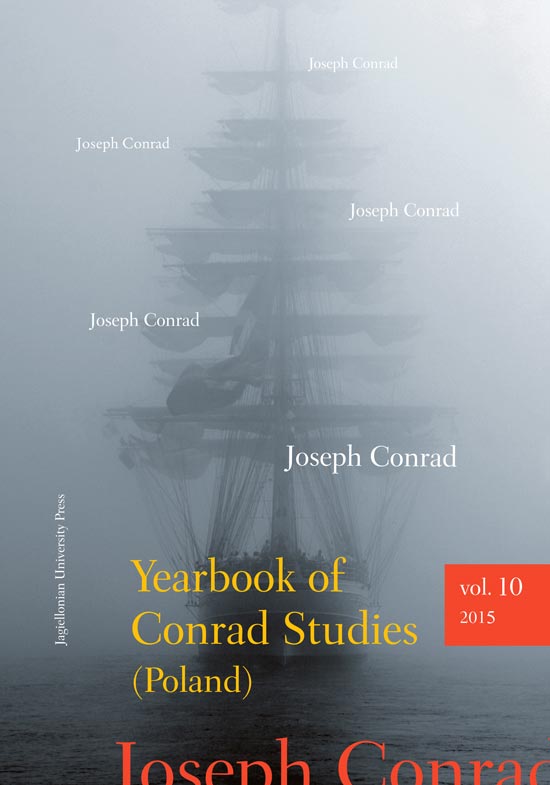“He was one of us.” The Polish reception of the work of Joseph Conrad Korzeniowski
“He was one of us.” The Polish reception of the work of Joseph Conrad Korzeniowski
Author(s): Stefan ZabierowskiSubject(s): Language and Literature Studies, Studies of Literature
Published by: Wydawnictwo Uniwersytetu Jagiellońskiego
Keywords: Conrad; critical reception; Poland
Summary/Abstract: The aim of this paper is to present the Polish critical reception of Conrad’s biography and work in the years 1897-2014, with particular emphasis being laid on the political, social, cultural and aesthetic factors that have conditioned this process. The reception began when Poland was still partitioned between Prussia, Russia and Austria. During this ‘Young Poland’ period, Conrad’s work was admired by a small artistic and intellectual elite which included Maria Komornicka, Stanisław Brzozowski and Wincenty Lutosławski. Things changed considerably when Poland regained her independence after World War I. Translations of Conrad’s collected works were published (with the active encouragement of the novelist Stefan Żeromski). The “Skamander” group of poets and the intellectuals grouped around the “Wiadomości Literackie” magazine became fascinated by Conrad, whose work was appreciated by the entire Polish political spectrum, with the sole exception of the communists. Towards the end of the interwar period, Conrad was seen as a kind of intellectual and moral ideal by leading critics of the younger generation. It was then that Conrad’s image in Poland was codified by Józef Ujejski’s monumental study entitled O Konradzie Korzeniowskim (On Conrad Korzeniowski – 1937). During the Second World War, Conrad became a moral landmark for those Poles – especially members of the Home Army – who were actively engaged in the struggle against Nazi Germany and Soviet Russia. After the war, Conrad was strongly attacked by Marxists (and by Jan Kott in particular). During the period of relative liberalization which followed the political ‘thaw’ of 1956, Conrad’s books were widely read in independent intellectual circles and also began to be the subject of scholarly research. The period of the 1970s was particularly favourable for Conrad in Poland, as it was then that Zdzisław Najder played a leading role in the process of publishing, interpreting and popularizing his works. The restoration of democracy in 1989 removed all the remaining political obstacles to the popularization and study of Conrad’s work in Poland and a new generation of young and able scholars began to offer new approaches to the interpretation of his work. Unfortunately, however, in recent years Poland has not seen any significant growth in interest in Conrad on the part of the general reading public. We may note that in the past this interest would seem to have been occasioned in large measure by discussions on key issues of Polish culture, as Conrad – on account of his Polish heritage and his own considerable influence on Polish culture – was always considered to have been “one of us”.
Journal: Yearbook of Conrad Studies (Poland)
- Issue Year: 2015
- Issue No: X
- Page Range: 171-191
- Page Count: 21
- Language: English

